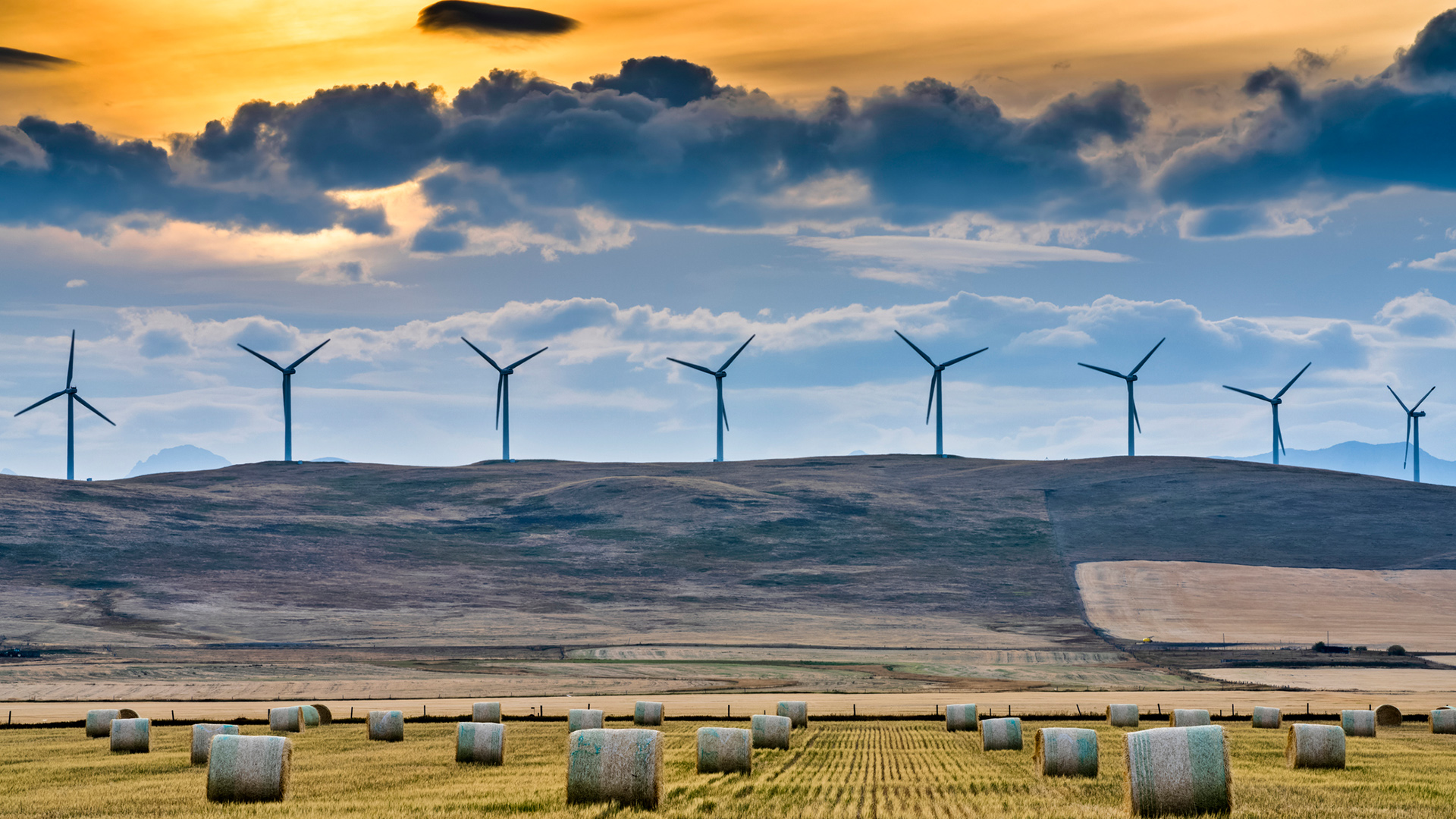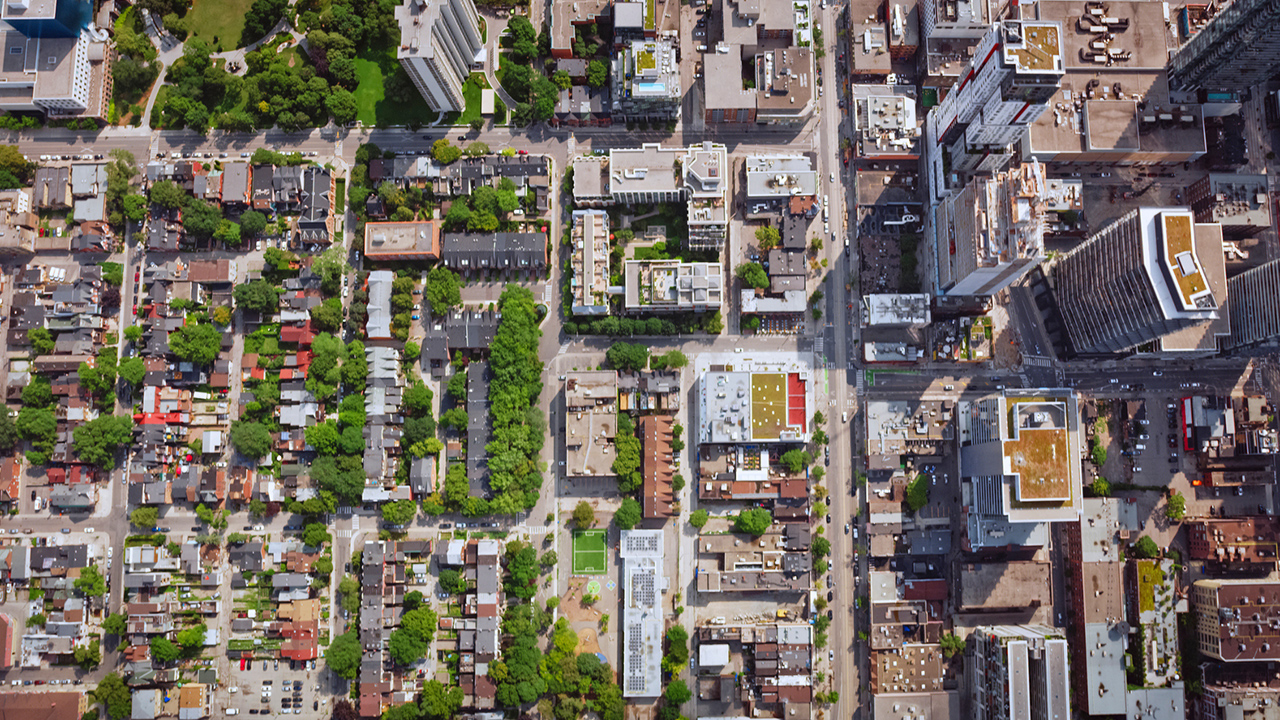The Real Alberta Advantage – It’s the People
ARTICLE
BY TONY COULSON
Albertans pride themselves on low taxes and good public services like health, education, and infrastructure – a combination often referred to as the Alberta advantage. The political culture of the province is conservative, even if government spending levels might suggest otherwise.
Outside of Alberta, many develop a caricatured view of the province’s residents based on the headline-grabbing rhetoric of its more flamboyant political figures. Albertans are sometimes impatient with this reputation, insisting they’re not as eccentric as all that. Nevertheless, most would acknowledge – with pride – that Alberta has a distinct feel to it, compared to say Ontario, Quebec, BC or the Atlantic region.
So how different are Albertans from other Canadians, really? To assess this question, we compared Albertans’ social values against those in the rest of the country. We found a lot of similarities, but also some important differences.
We define social values as a person’s mental posture or fundamental world view that sets the context in which they react to situations, events, opportunities, and challenges. The Environics values system measures intrinsic values and motivations, social norms and relations, and consumer orientations.
In recent years, we have measured 101 social values. For this analysis, we merged our two most recent years of data. This effectively enlarges our sample, enabling us to make comparisons with greater confidence not only between Alberta and the rest of Canada, but also within Alberta: across Edmonton, Calgary, and the rest of the province.
Our results show that on 70 of the measured values, Albertans, on average, are more or less in line with other Canadians – their values do not stand out markedly. Despite this overall similarity, there are some interesting areas of difference that may help explain Alberta to other Canadians, and perhaps even help folks in different parts of the province understand their fellow Albertans better.
The following are values where Albertans score higher than other Canadians:
- Community Involvement. This is a measure of the interest in what’s happening in one’s neighborhood, city, town, or region. It’s reflected in activities like reading the weekly community newspaper and participating in community organizations.
- Culture Sampling. The view that other cultures have a great deal to teach us, and the desire to incorporate some of these cultural influences into one’s own life.
- Canadian Dream. Albertans disproportionately believe that Canada is a “land of opportunity” where anyone can make it big if they try hard enough.
- Adaptive Navigation. People who score high on this value are confident in their ability to adapt to unforeseen events, spotting opportunities and realizing goals amid change and uncertainty.
- Personal Optimism. General optimism about one’s future.
- Work Ethic. A commitment to working hard now and deferring pleasure to realize greater gains in the future. A belief that children should be taught to work hard in order to get ahead.
- Need for Escape. The desire to regularly escape the stress and responsibilities of everyday life.
- Ecological Fatalism. People highest on this trend believe that some amount of pollution is unavoidable in industrial societies and accept it as a part of life. They feel that there is little they can do to change this fact.
- Traditional Family. Defining “family” in traditional terms as a man and a woman, married with children.
- Religiosity. Placing great importance on religion and believing it represents the essential values that should be transmitted to the next generation.
While Albertans score higher than other Canadians on the values listed above – many connected to concepts such as personal autonomy and achievement – they score below average on the value Active Government. This finding suggests that Albertans express little desire for increased government involvement in social issues, and that they don’t believe government generally works effectively or delivers important benefits to society.
What about variations within the province?
Values like Community Involvement and Culture Sampling are broadly shared among Albertans across urban and rural regions. Calgary is strongest when it comes to belief in the Canadian Dream and Adaptive Navigation, a finding that accords with a burgeoning start-up scene in that city.
Work Ethic and Need for Escape are more prevalent outside the two major cities, as are the traditional values associated with religiosity and family structure. Outside the major cities, some also lean toward authoritarian leaders who promise to set things right when it appears that traditions are threatened. Some also hold the view that newcomers should conform to Canadian culture first and foremost.
Meanwhile, Edmonton residents stand apart from other Albertans in their support for Active Government (not surprising in the provincial capital, a government town to some degree). They also run against the provincial grain in their rejection of Ecological Fatalism – believing that environmental degradation is not an acceptable price to pay for economic growth.
In all, the portrait of Alberta that emerges in our social values is a province of work-hard-play-hard residents who balance personal striving with community responsibility, and who optimistically embrace the “Canadian Dream” while seeing the good that diverse cultures have to offer. With all these positive attributes, maybe it’s the people who are the real Alberta advantage, rather than the tax structure.
Find out how our Public Affairs team can help your organization
Related insights



Toronto
366 Adelaide Street West
Suite 101, Toronto, ON
Canada M5V 1R9
416 920 9010
Ottawa
135 Laurier Ave W.
Ottawa, ON
Canada K1P 5J2
613 230 5089
Calgary
421 7th Ave SW
Suite 3000, Calgary, AB
Canada T2P 4K9
403 613 5735
